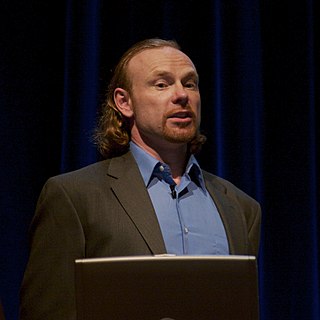A Quote by David Hanson
Machines are becoming devastatingly capable of things like killing. Those machines have no place for empathy. There's billions of dollars being spent on that. Character robotics could plant the seed for robots that actually have empathy.
Related Quotes
I have been motivated by this idea since I was a kid that if we invented machines that were created in the way that people are - were aware, have free will, inventive machines, machines that would be geniuses - potentially, they could reinvent themselves. They're not just applying it to other things - they could actually redesign themselves.
Machines help us do things more quickly and efficiently, but they can also destroy some community activities. Machines can also throw the weakest people out of work and this would be sad, because their small contribution to the housework or cooking is their way of giving something to the community. People who are capable of doing things very quickly with the help of machines become tremendously busy, always active, in charge of everyone - a bit like machines themselves.
Until computers and robots make quantum advances, they basically remain adding machines: capable only of doing things in which all the variables are controlled and predictable. Robots are bad at pattern recognition and certainly at common sense. That's why computers can beat humans in chess but can't have even a basic conversation with a six-year-old.
Mom used to walk with me for something like two or three miles to get to the day-old bakery. They had those machines where you buy doughnuts, those vending machines with the long johns and doughnuts. We would buy those bagels and pastries because that was our treat. And come back with shopping bags of these sweets, and who knows what was in it? That was what we could afford that could feed that many people.

































